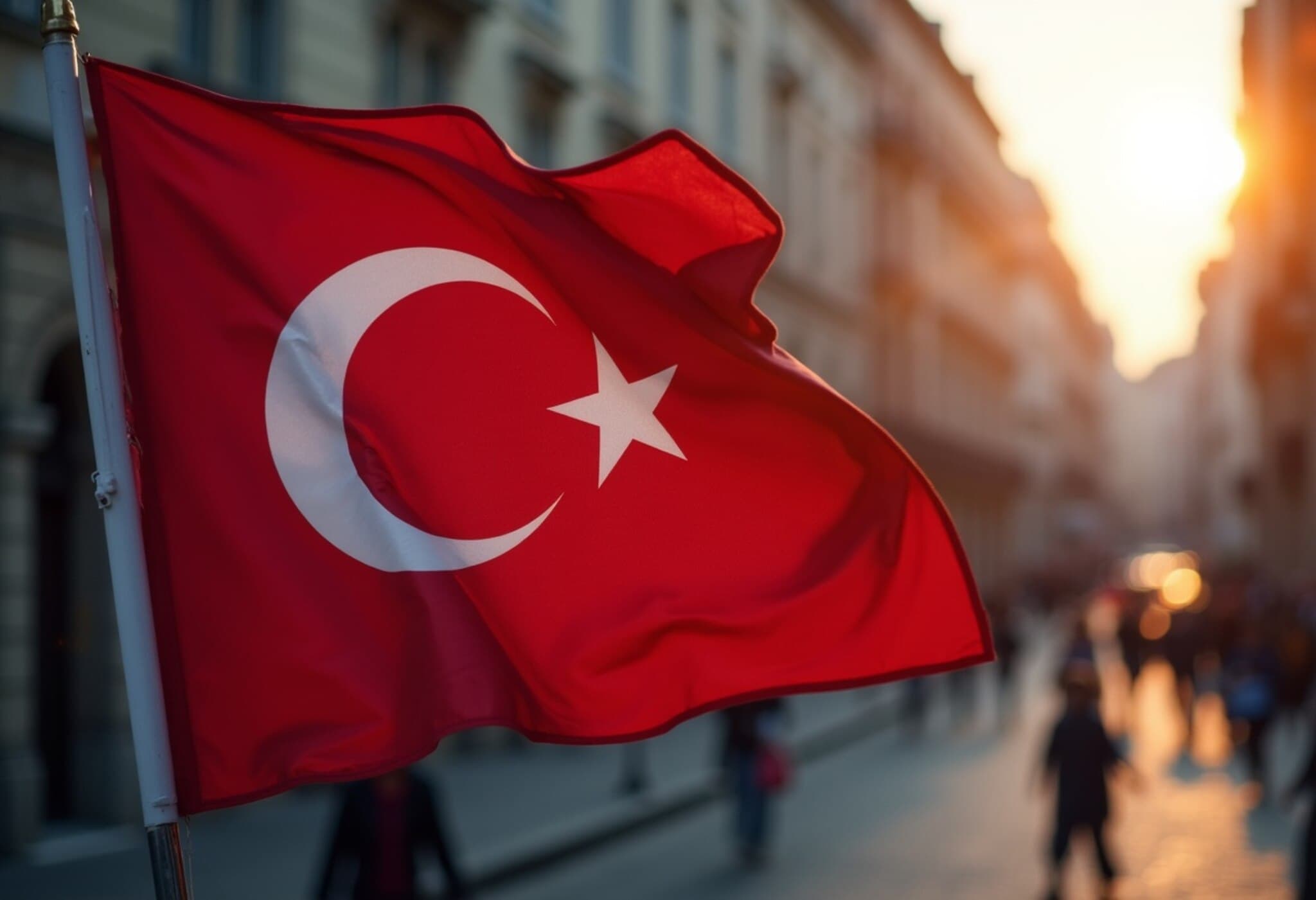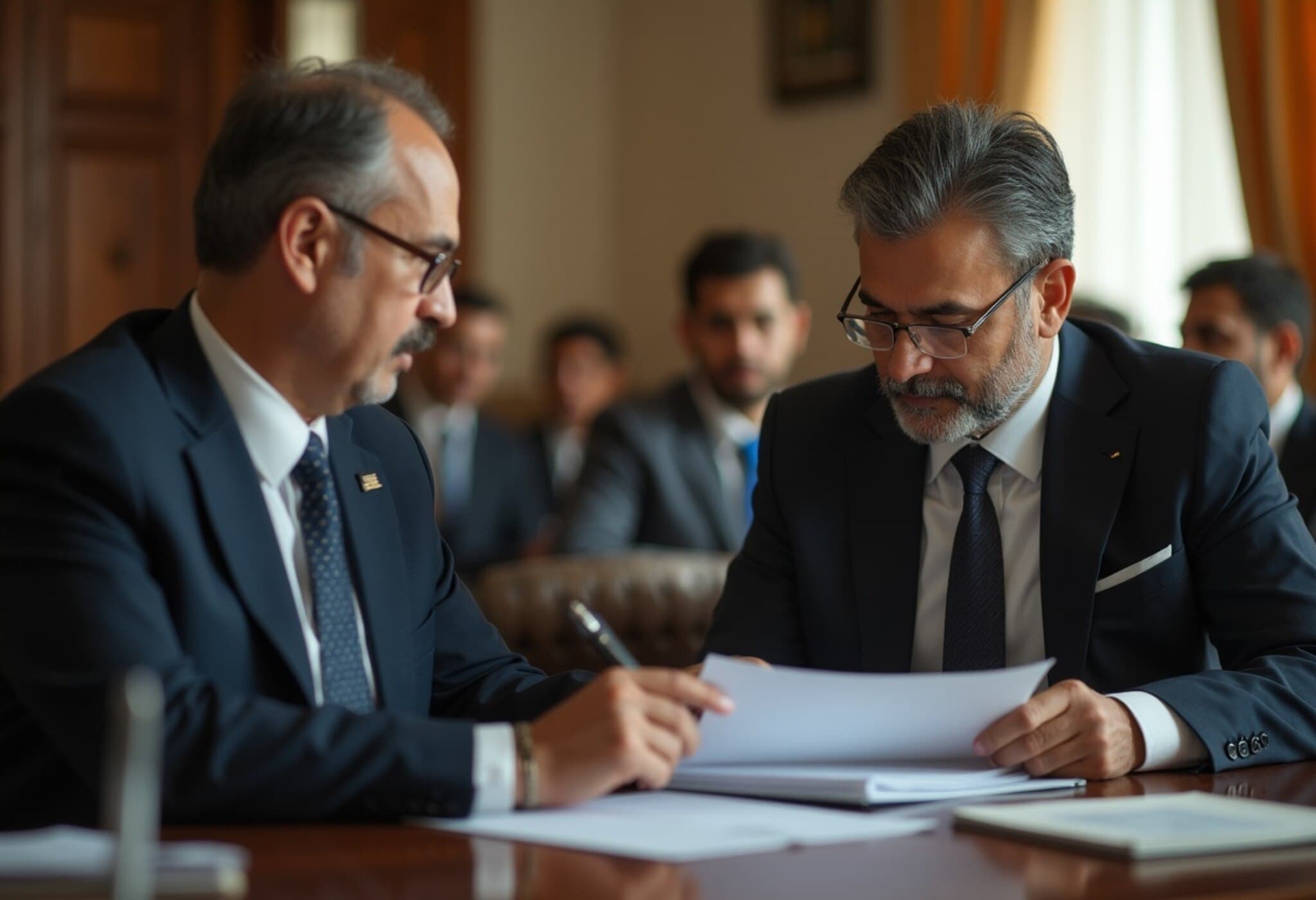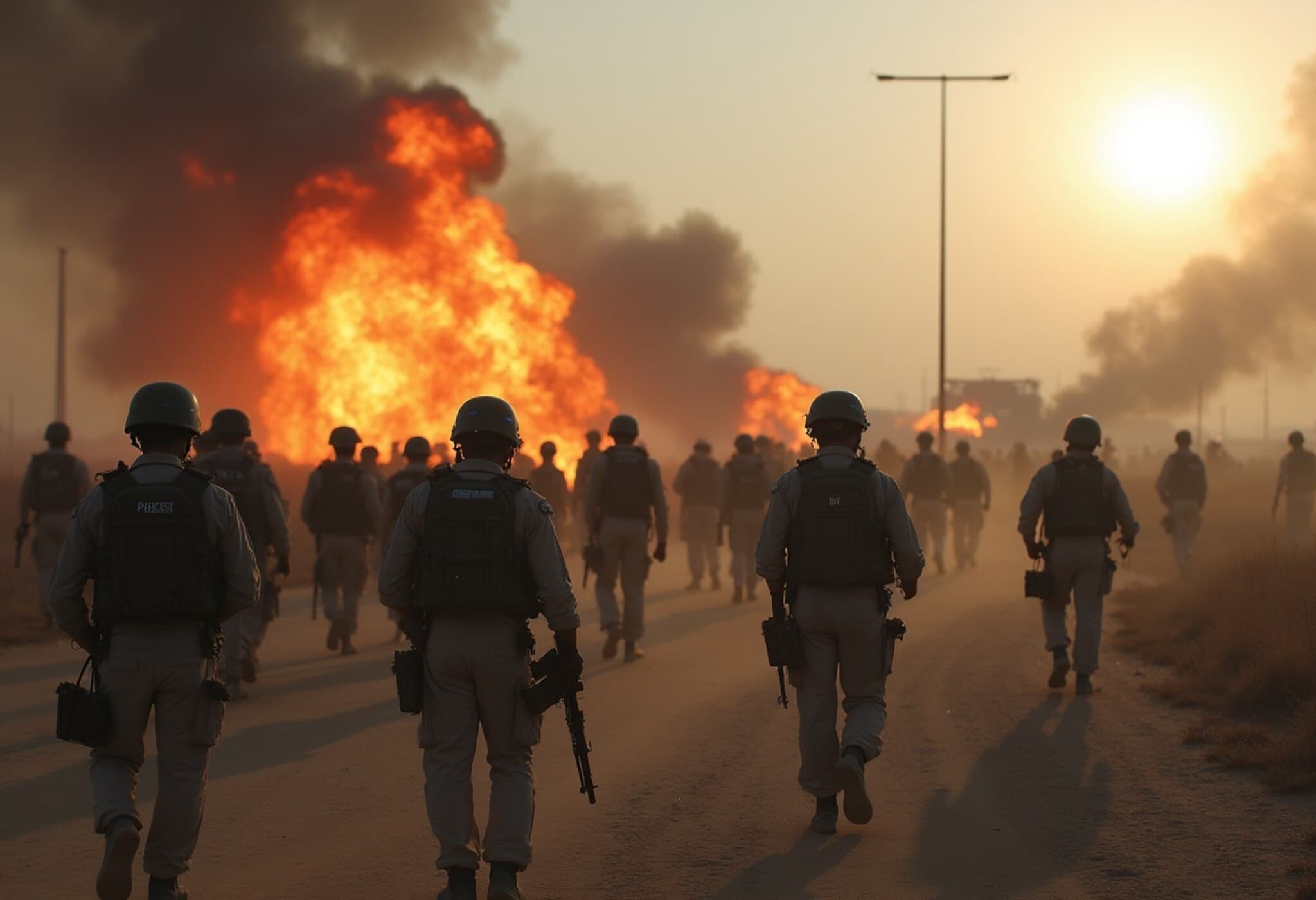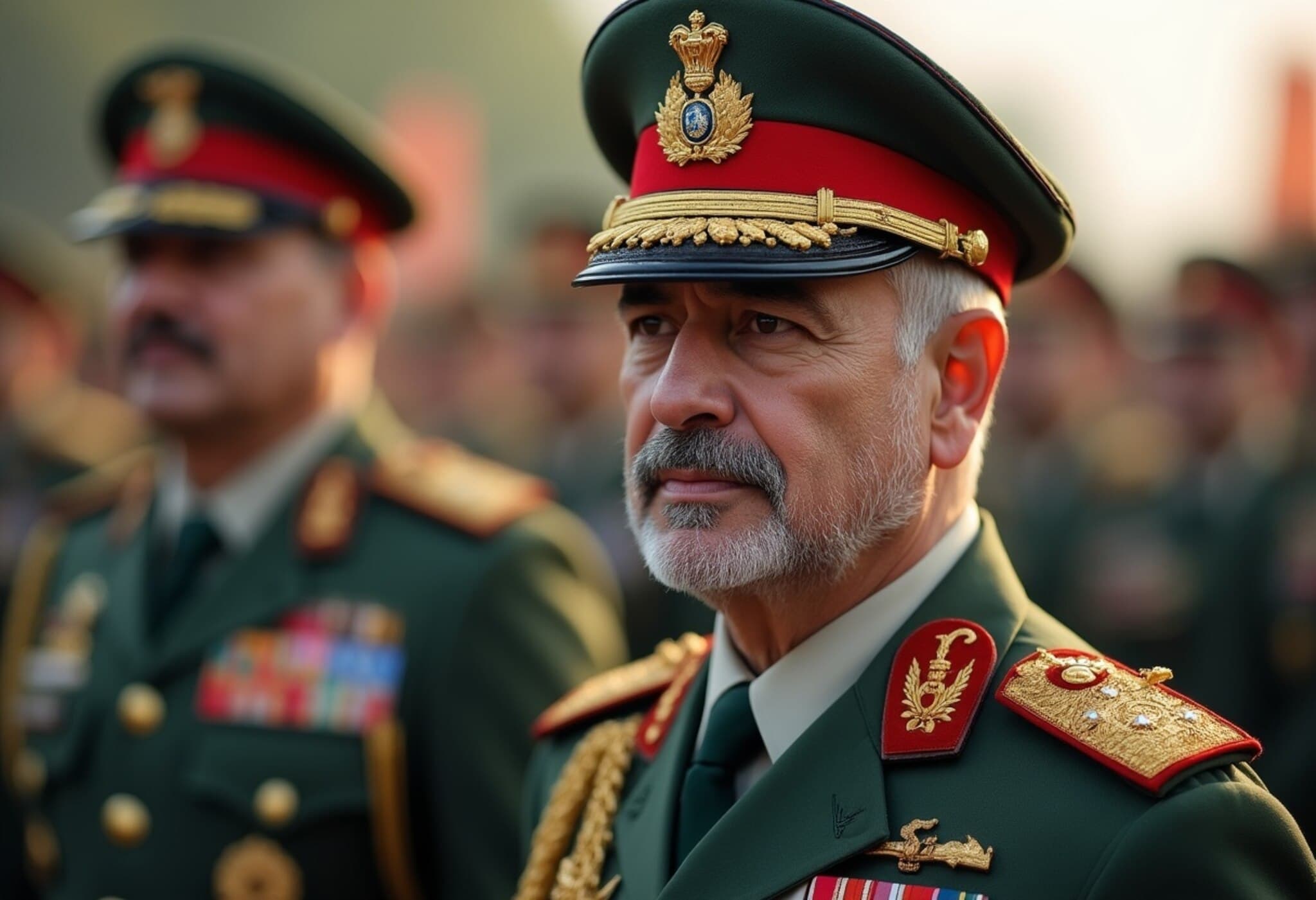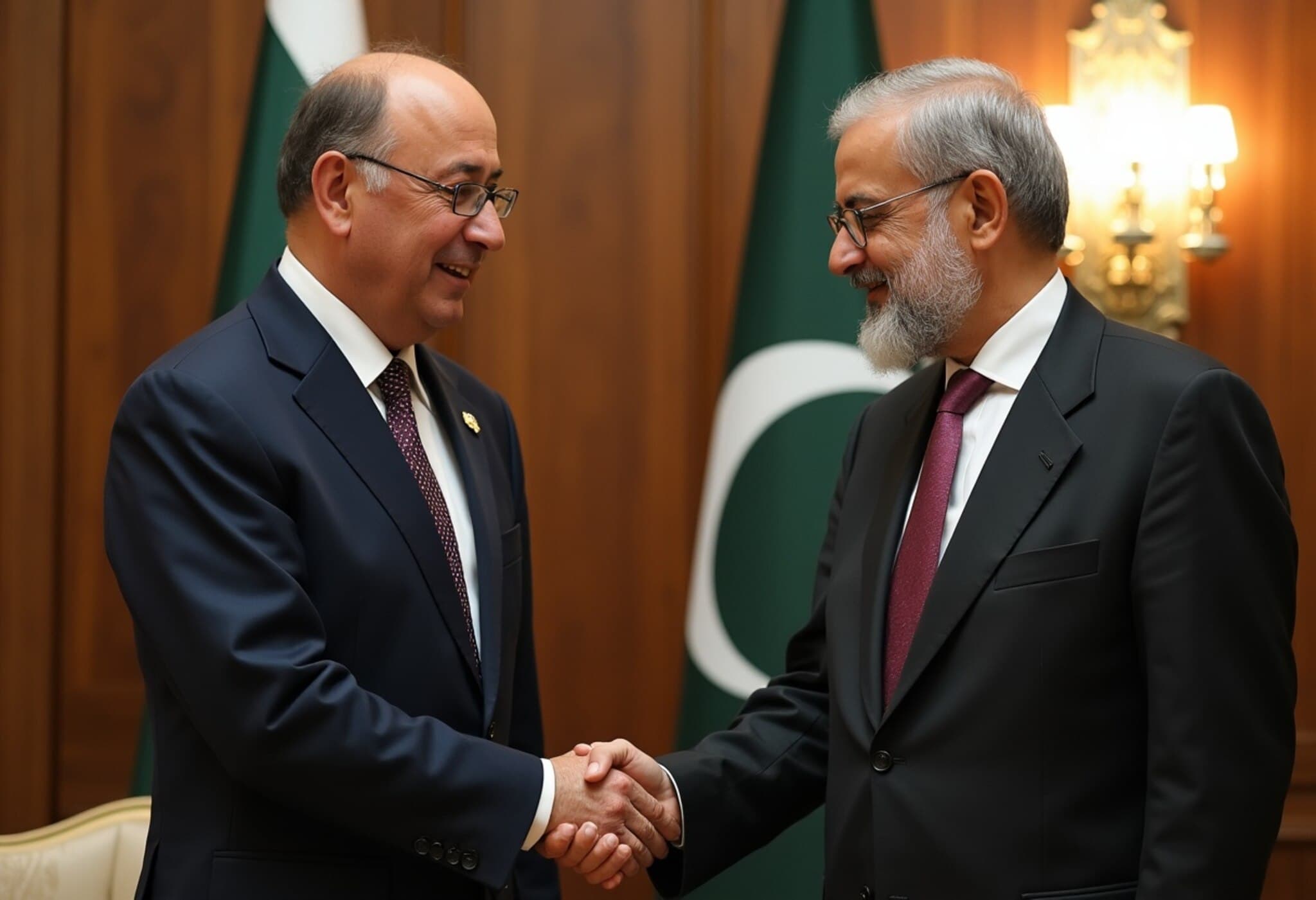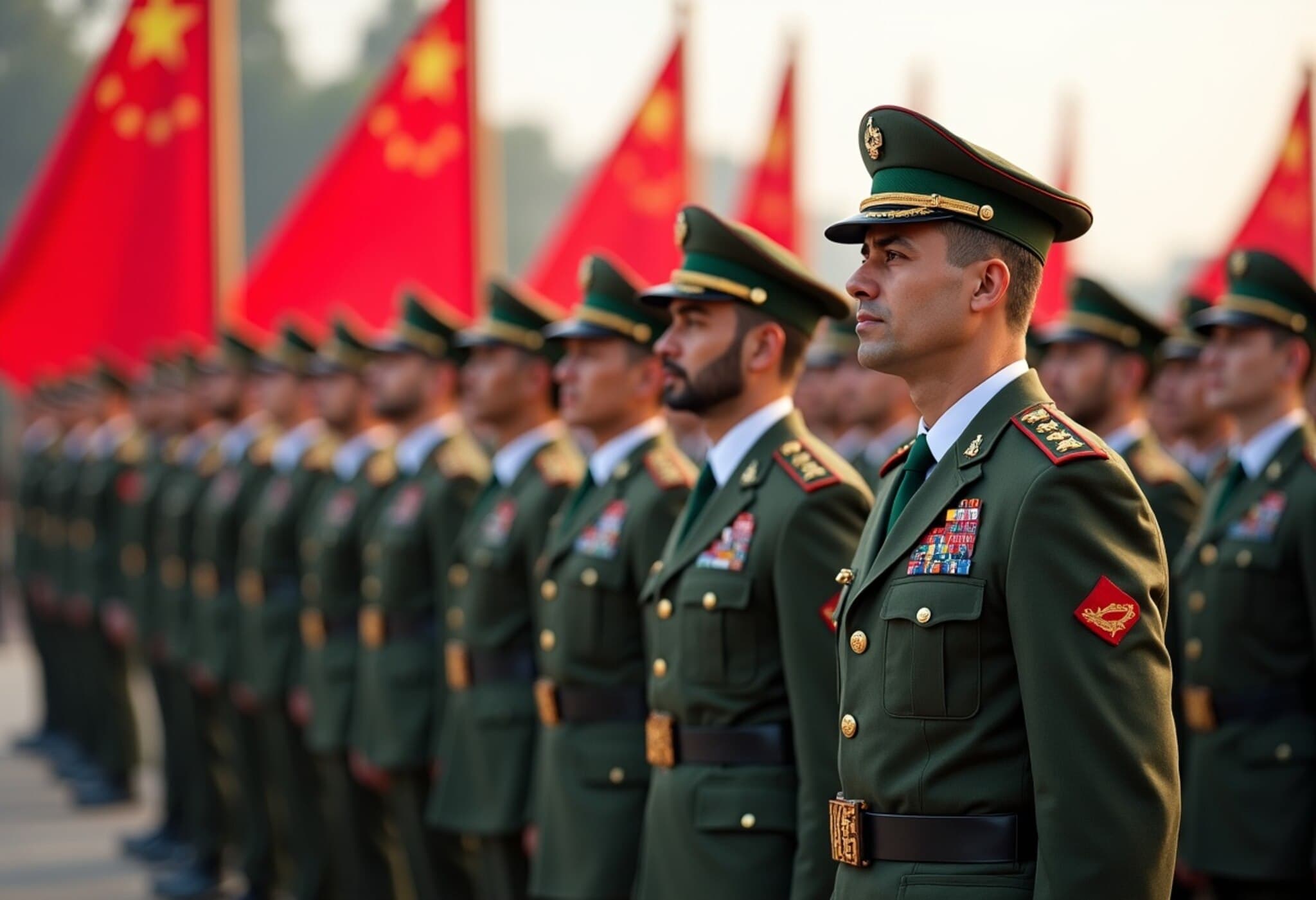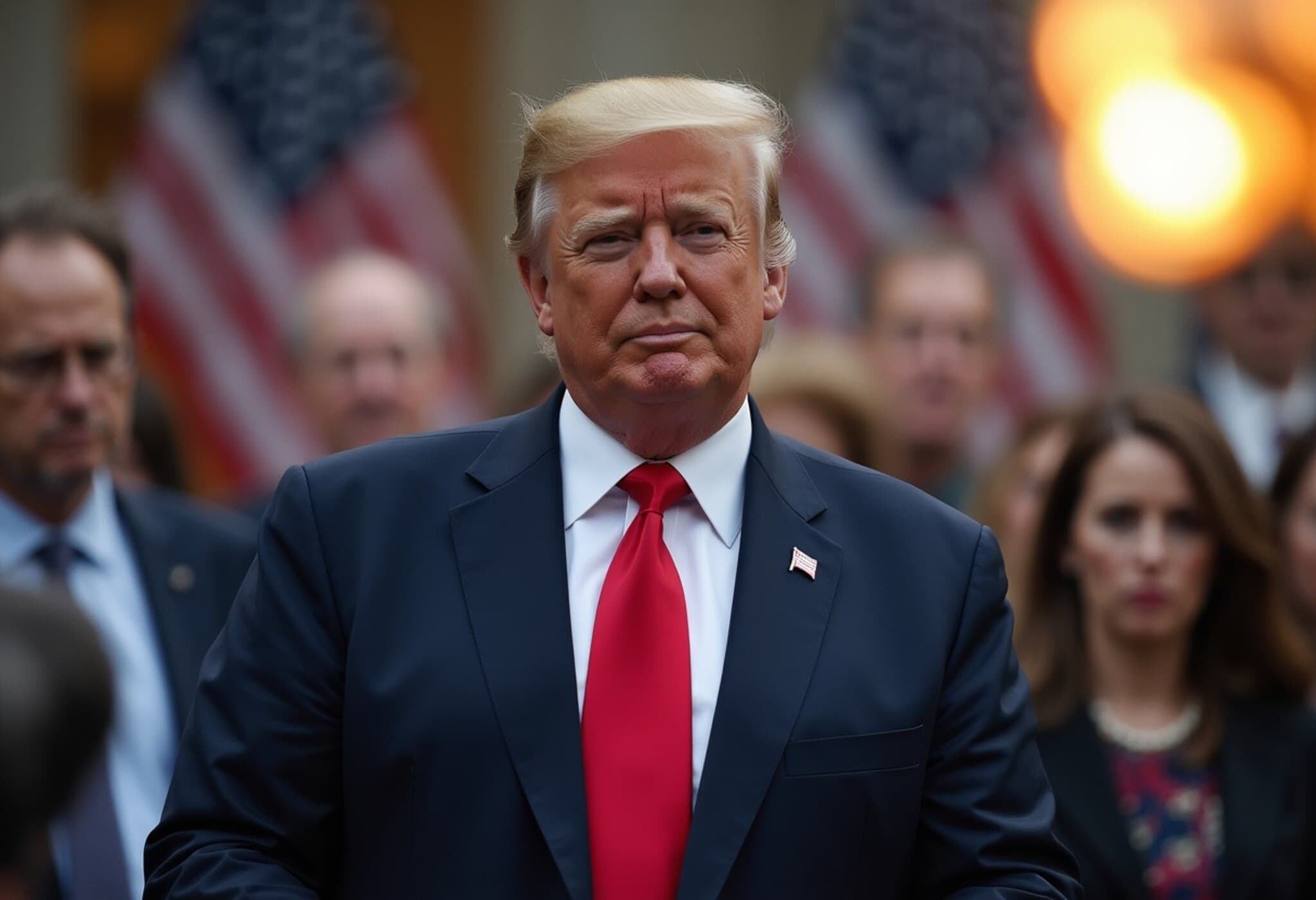IMF Endorses Pakistan’s Progress in $7 Billion Extended Fund Facility
In a significant vote of confidence, the International Monetary Fund (IMF) has completed the first review of Pakistan’s $7 billion Extended Fund Facility (EFF) loan, declaring the country’s economic reforms "strong so far". Mahir Binici, IMF’s Resident Representative in Pakistan, shared these encouraging remarks during a lecture at Islamabad’s Sustainable Development Policy Institute (SDPI) on July 13, 2025.
Macroeconomic Stability and Policy Success
The IMF Executive Board approved Pakistan’s first review in May 2025 under a three-year reform programme launched in July 2024. This initiative aims to stabilize Pakistan’s macroeconomic framework and foster a pathway toward inclusive and sustainable growth. Under this arrangement, Pakistan has already received two instalments, reflecting progress in implementing key fiscal policies.
“Early policy measures have helped restore macroeconomic stability and rebuild investor confidence, despite persistent external challenges,” Binici emphasized. He noted Pakistan’s strides in exercising fiscal discipline and creating an environment more conducive to investment, which is crucial for long-term economic resilience.
Structural Reforms: The Road Ahead
Looking beyond immediate achievements, Binici underscored the necessity of deeper structural reforms. These include enhancing tax equity—ensuring the tax system is fair and efficient—improving the business climate to attract and retain investment, and empowering private-sector-led growth. Such reforms are essential to reduce Pakistan’s vulnerability to external shocks and to sustain momentum on the economic front.
Climate Commitment with the Resilience and Sustainability Facility
Pakistan’s dedication to addressing climate challenges was highlighted through its participation in the $1.3 billion Resilience and Sustainability Facility (RSF), launched in March 2025. The RSF supports projects centered on disaster preparedness, efficient water resource management, green investments, and upgrading climate data transparency.
Binici stated, “Support through the RSF will not only strengthen Pakistan’s climate resilience but also help unlock green investments and foster a more climate-conscious economic trajectory.” This marks a crucial step given Pakistan’s significant vulnerability to climate change impacts, especially in sectors like agriculture and water management.
Regional Economic Outlook Amid Global Uncertainty
Turning to the wider regional context, Binici observed that economic growth prospects in the Middle East and North Africa (MENA) region—including Pakistan—are expected to improve gradually in 2025 and beyond. However, he cautioned that global economic uncertainty remains elevated due to ongoing trade tensions, geopolitical fragmentation, and weakening multilateral cooperation.
These external headwinds require Pakistan to maintain its reform agenda to build resilience against unpredictable global dynamics. The interplay of domestic reforms and external factors will shape Pakistan’s economic trajectory in the coming years.
Expert Analysis: Why Pakistan’s IMF Progress Matters
From an American economic policy perspective, Pakistan’s success with IMF loan conditions is pivotal not just regionally but globally. Stability in Pakistan can mitigate geopolitical tensions in South Asia, reduce the risk of economic spillovers, and contribute to broader global financial stability.
Moreover, Pakistan’s commitment to integrating climate-conscious reforms within its economic programme aligns with emerging global standards, signaling a progressive approach that resonates with international investors increasingly focused on Environmental, Social, and Governance (ESG) criteria.
Yet, challenges remain. Structural reforms require political will and social consensus, which have historically been difficult to achieve in Pakistan’s complex political landscape. Monitoring how these reforms are implemented will be essential for sustaining investor confidence and securing future financial support.
Conclusion: Navigating a Critical Juncture
Pakistan finds itself at a crossroads where international support and internal reforms must converge to foster durable economic recovery and growth. The IMF’s positive assessment offers a rare moment of optimism, yet success will depend on Pakistan strengthening its institutional frameworks, pursuing equitable taxes, and continuing climate resilience efforts amidst a shifting global economic environment.
Editor’s Note
Pakistan’s first IMF review under the $7 billion Extended Fund Facility signals encouraging progress toward economic stabilization and reform. However, the true test lies ahead in translating policy commitments into tangible, sustainable outcomes across fiscal, business, and climate fronts. How Pakistan manages these reforms amid regional uncertainties and domestic challenges will be key to whether it can capitalize on this opportunity and achieve lasting resilience. Readers should consider: What are the risks of reform fatigue or reversal? And how might evolving geopolitical dynamics impact continued support?





